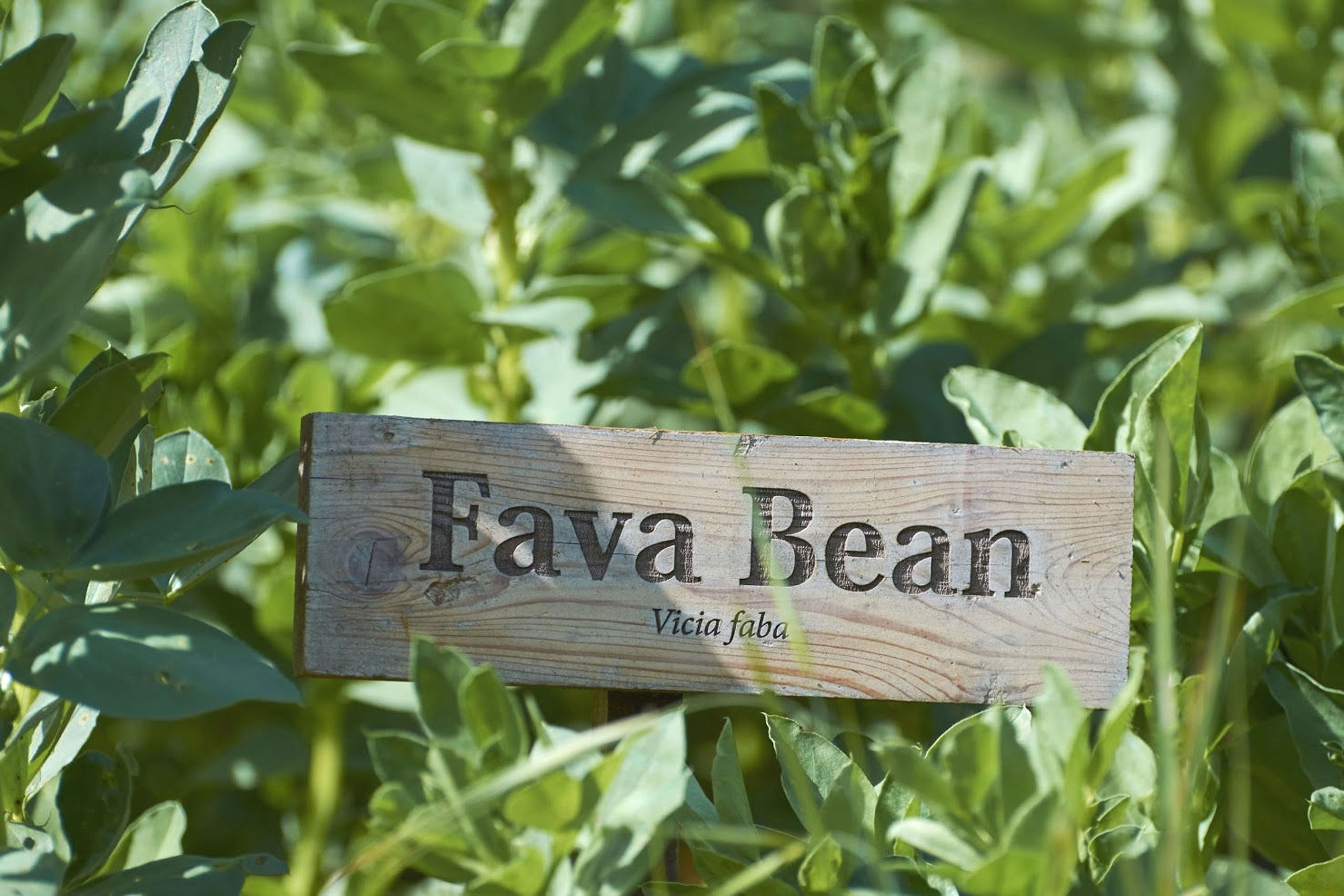The Jeavons Center Mini-Farm Garden Report and Ecology Action Update
After being fallow for the last season, The Jeavons Center Mini-Farm (TJC MF) is once again being planted under the supervision of Misha Ziaed, our new Mini-Farm Manager, and with the help of new Assistant Mini-Farm Manager, Melvin Castrillo, and three 8-Month Interns who began April 1—Marcia Suarez and Anna Cantillano, both from Nicaragua, and Fredrick Onyango from Kenya. Both managers are Farmer/Teacher/Trainers who will be Three-Year Apprentices at the same time during their first years, and who have made long-term commitments to this work. They will act as teachers during workshops and tours, as well as working with the international 8-Month Interns and training them to become GROW BIOINTENSIVE® Farmer Leaders when they return to their countries. Five ten-bed unit models will be planted with compost and food crops, collecting data for the Soil Sustainability Research Project (SSRP) as well as our on-going research on crops in the other growing beds. Ecology Action Headquarters at The Jeavons Center continues to act as the global coordinating hub for International Partners and colleagues in Latin America, Kenya, Senegal, Malawi, Russia and Canada, plus the cutting-edge SSRP, which aims to determine once and for all the smallest possible garden size needed to grow enough food to feed one person a complete diet annually. The key is the growing of compost crops with the same well-chosen diet crops in order to simultaneously grow the compost materials needed to feed the garden with the resulting compost. To do this we are in communication with our International Partner, ECOPOL, which has designated eleven independent sites throughout Latin America, as well as gardens in Italy and Spain. Currently we are working on developing protocols for all to follow to ensure synchronization among all sites. We continue to advise and provide funding for our International Partners and their GROW BIOINTENSIVE projects. We plan to continue to translate existing booklets into other languages. We are also developing for release this year a two-hour nine-part video workshop online. Five fifteen-minute segments are already complete; the remaining four are in production. Filmed at GROW BIOINTENSIVE workshops in the US, and on site in Latin America and Africa, the video demonstrates GB through its eight key elements. In perhaps the most important development in terms of outreach and accessibility, Ecology Action has begun the process of digitally scanning all of our written educational booklets and information articles for download and purchase on our website. Beginning with an expanded version of our popular Farmer's Handbook, we are uploading our 40 self-teaching booklets. Many are available as a free download; others are available for a nominal donation, at growbiointensive.org/epubs. Our website is continuously updated, and in addition to the written educational material there are also videos, including a GB skills video available for free viewing and download. The videos demonstrate all of the skills needed to become an effective GB gardener and mini-farmer. They are in English with French and Spanish subtitles, and are informative as well as fun to watch. They can be found at www.growbiointensive.org/Self_Teaching.html. Through this video series we now have the ability to reach anyone anywhere with an Internet connection. Before this, reach was limited by the need for one person to teach another person directly, through a workshop, internship or apprenticeship, but now the reach is practically global. Ecology Action continues to translate our educational materials into new languages, as well as update existing translations. Our handbook, How to Grow More Vegetables..., is now available online in Spanish, Kiswahili, French, Russian, and Brazilian Portuguese, online here. We continue to offer two GB workshops a year and are both excited and encouraged by the number of younger faces we saw in November 2018 and March 2019. Half of the twenty-five participants in November were under thirty, including several young couples, and all listed food sovereignty as a personal interest. The workshop was a great success, featuring participants from across the US as well as Canada, all of whom not only learned the full GROW BIOINTENSIVE method but were able to eat meals made from Biointensively grown crops, including breads. Most had plans to take their newfound knowledge back home and start gardens or mini-farms. top | Newsletter Home |Table of Contents| Archive
|



